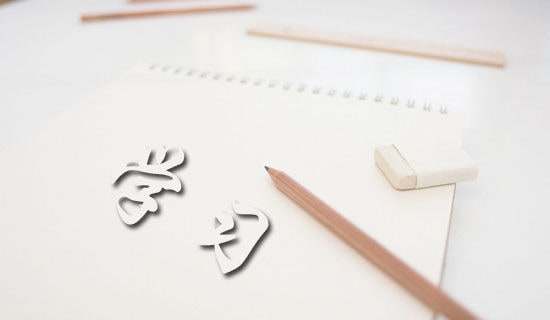- 相关推荐
意大利语学习之形容词的分类
学习意大利语形容词怎么分类呢?下面小编就为大家讲解一下吧。

In general Italian adjectives follow the noun:
è una lingua difficile. (It is a difficult language.)
Marina è una ragazza generosa. (Marina is a generous girl.)
Certain common adjectives, however, generally come before the noun:
Anna è una cara amica. (Anna is a dear friend.)
Gino è un bravo dottore. (Gino is a good doctor.)
è un brutt'affare. (It's a bad situation.)
The most common adjectives that come before the noun are listed in the table below.
|
ITALIAN ADJECTIVES THAT PRECEDE NOUNS |
|
|
bello |
beautiful |
|
bravo |
good, able |
|
brutto |
ugly |
|
buono |
good |
|
caro |
dear |
|
cattivo |
bad |
|
giovane |
young |
|
grande |
large; great |
|
lungo |
long |
|
nuovo |
new |
|
piccolo |
small, little |
|
stesso |
same |
|
vecchio |
old |
|
vero |
true |
But even these adjectives must follow the noun for emphasis or contrast, and when modified by an adverb:
Oggi non porta l'abito vecchio, porta un abito nuovo. (Today he is not wearing the old suit, he is wearing a new suit.)
Abitano in una casa molto piccola. (They live in a very small house.)
【意大利语学习之形容词的分类】相关文章:
意大利语物主形容词的运用10-31
意大利语学习:意大利语发音规则08-14
意大利语学习:意大利语谚语欣赏10-15
意大利语语法之动词的变位09-03
意大利语语法之介词a的用法06-19
意大利语的学习要点08-11
意大利语学习必读10-02
意大利语的学习方法08-31
浅谈意大利语学习的方法09-24
意大利语口语学习资料07-12